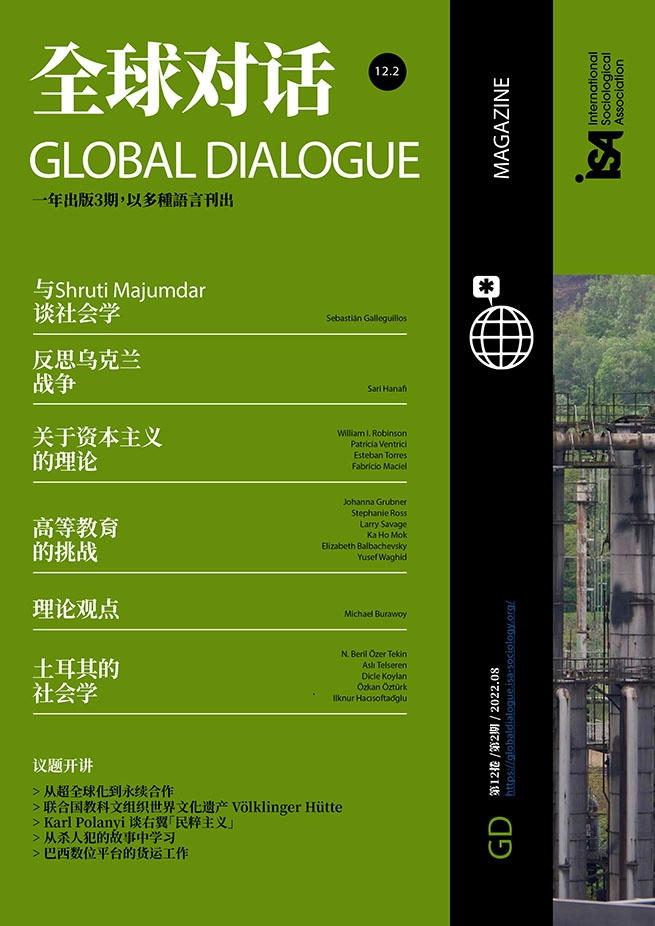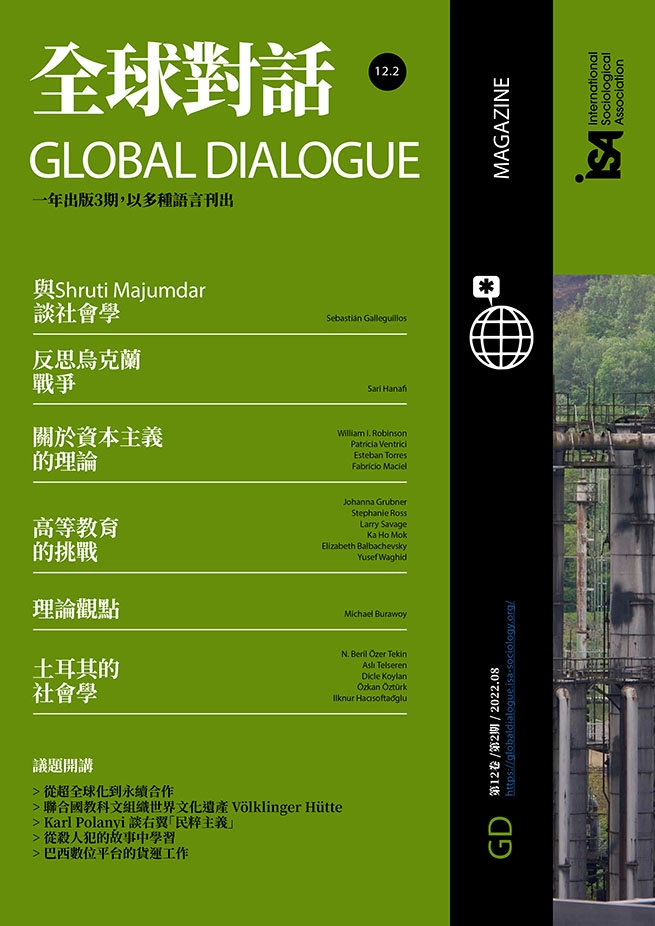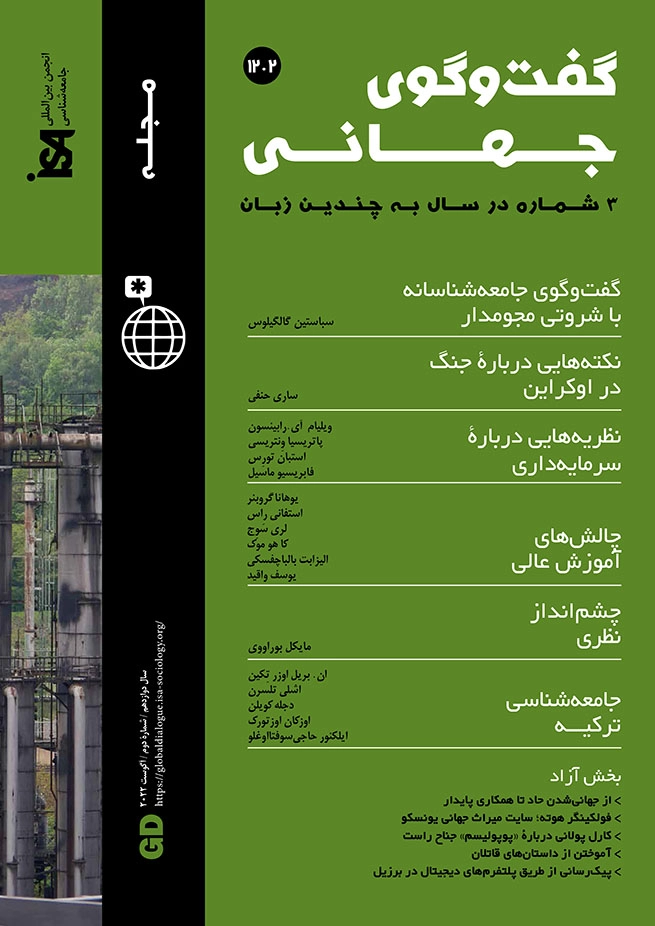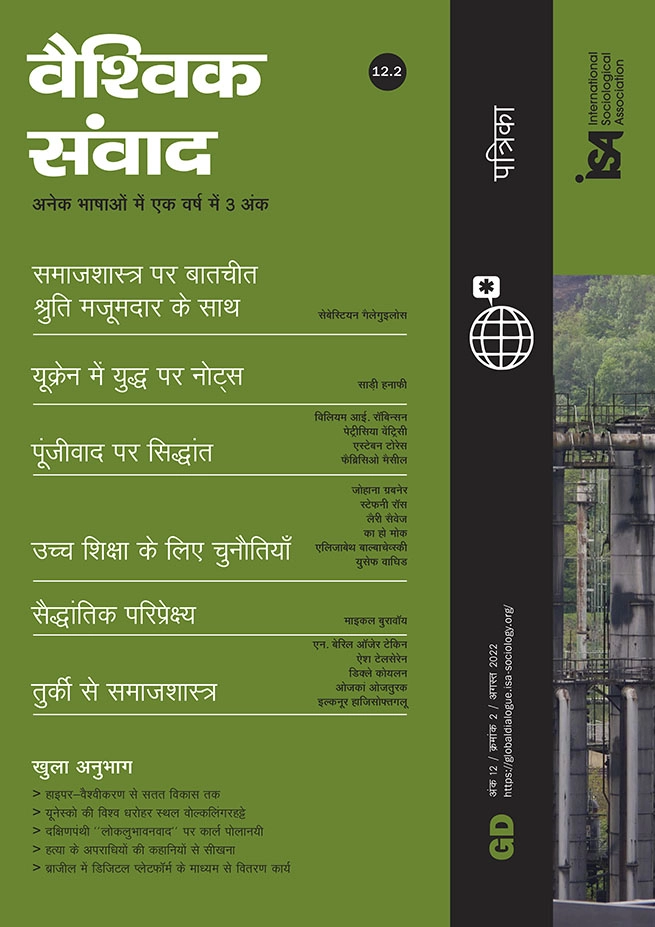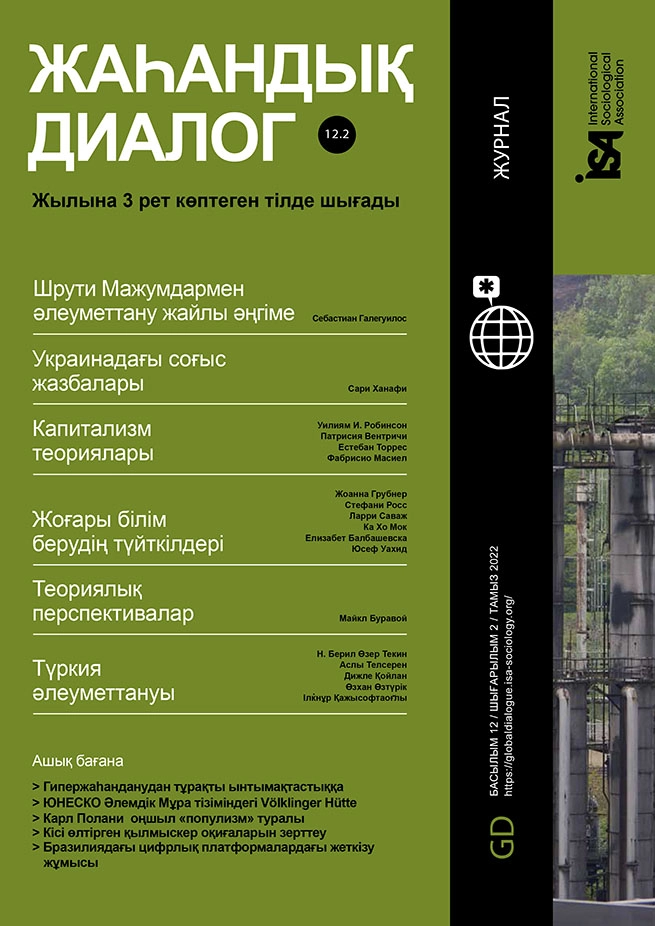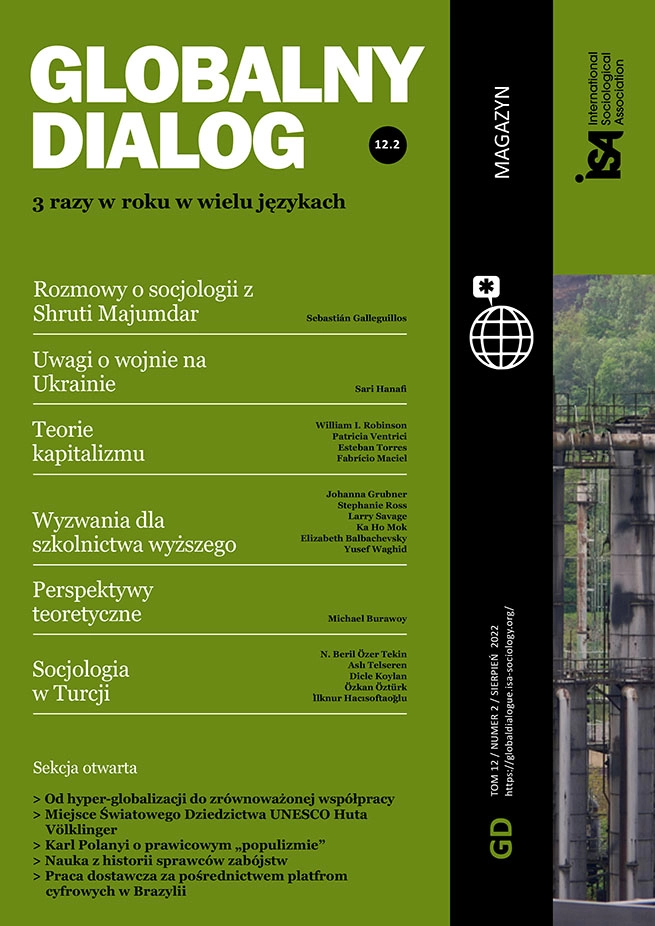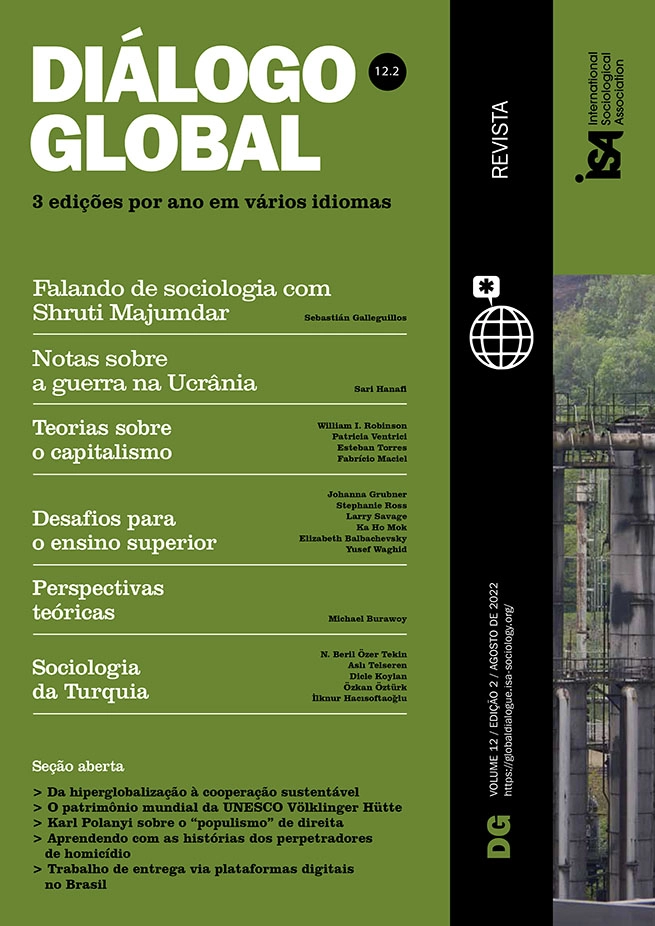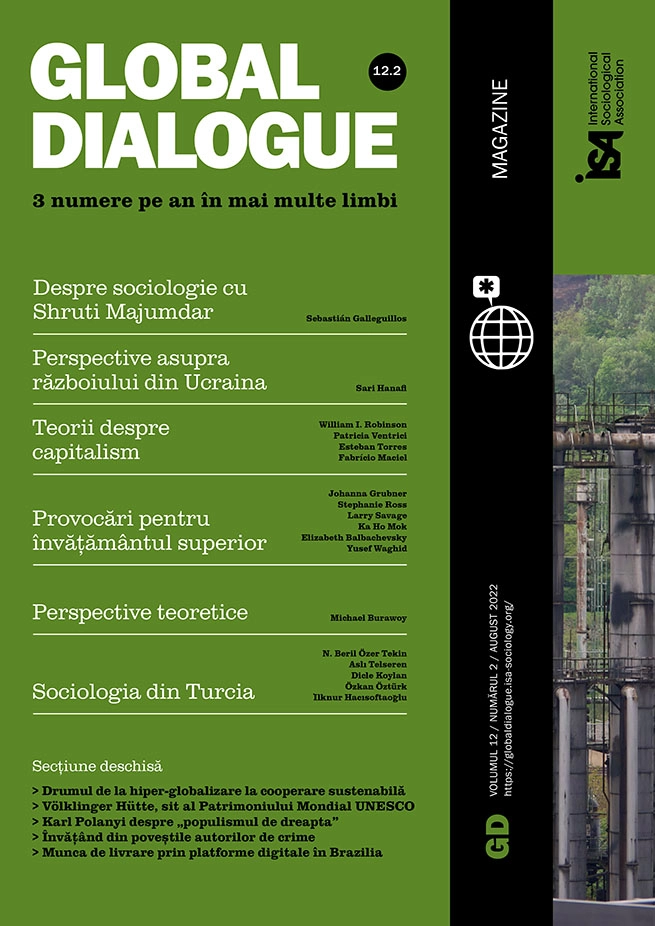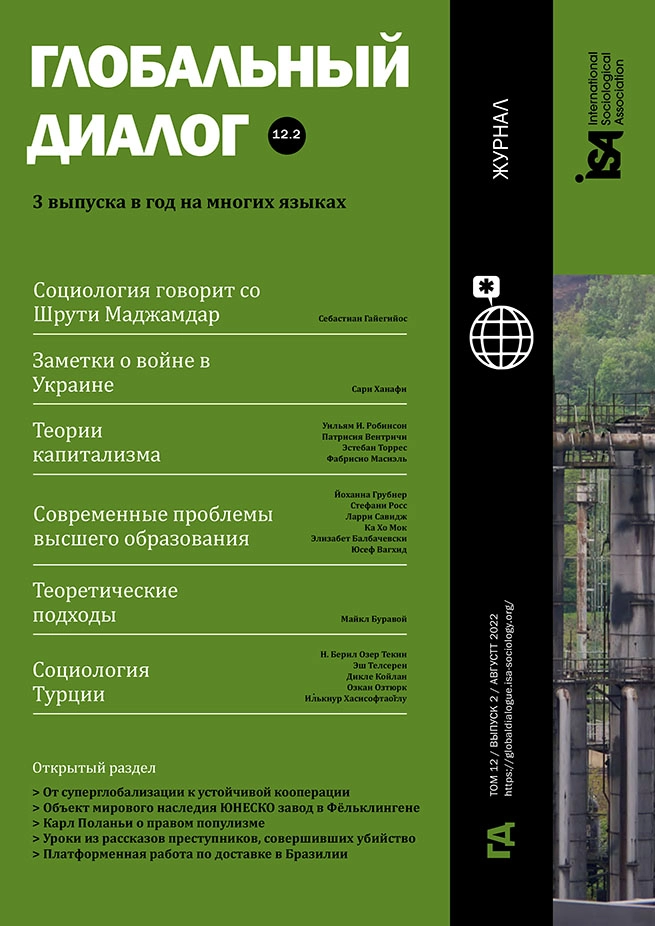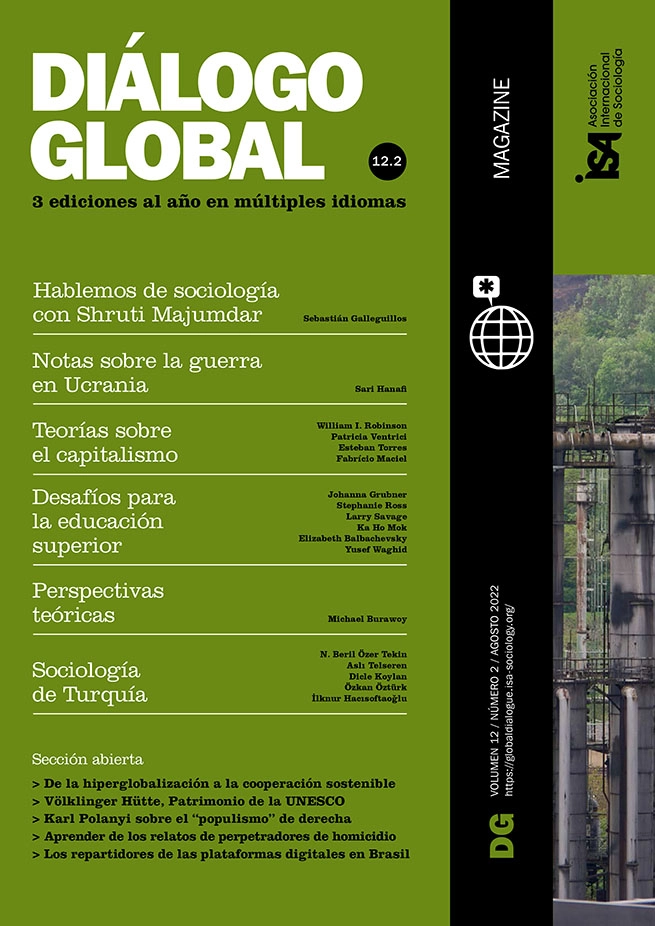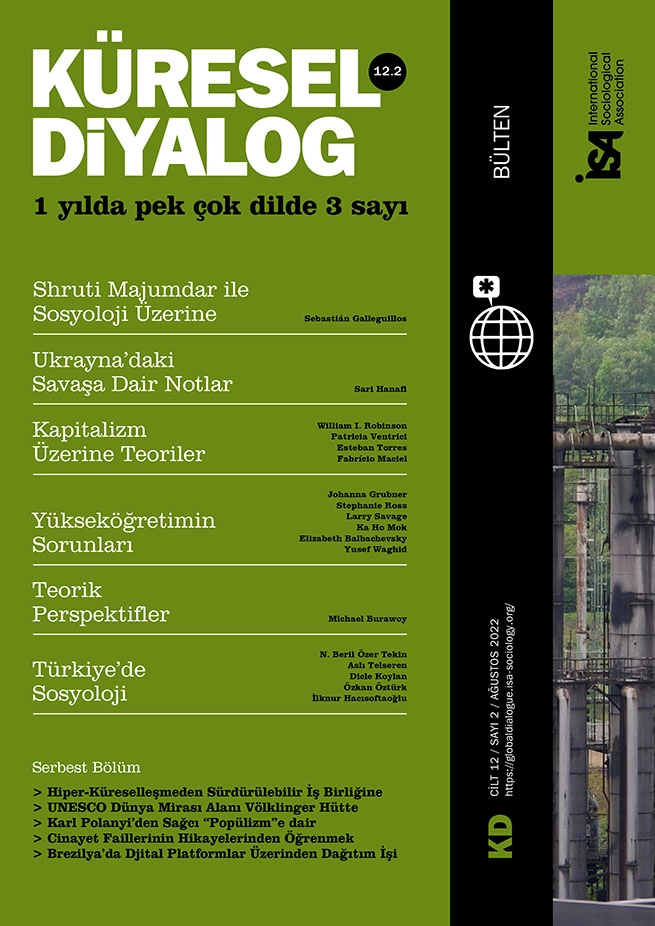Platform Capitalism in Latin America

May 27, 2022
The dizzying growth of technological corporations, exponentially increased by the outbreak of the COVID-19 pandemic, has amplified the development of platform capitalism in Latin America and deepened some debates and phenomena around capital, labor, and their mutations in the Global South.
Digital meritocracy and the “leap into development”
Several countries of the region – Argentina is a clear example of this – have seen a consolidation of the public discourse that supports the idea that the “economy of knowledge” provides a historic opportunity to achieve the longed-for “leap into development” and get a new place in the international framework. The capacity of certain countries in the region – Argentina, Brazil, Mexico – to generate digital corporations of global relevance (called Unicorns, they trade in over a thousand million dollars in the American stock market) is at the base of this narrative.
This qualitative leap would be led, moreover, by a new entrepreneurial elite, socialized in the Californian spirit, which is opposed to the local and traditional oligarchy that is mainly linked to agri-businesses and, to a lesser degree, to some basic areas of heavy capitalism. This new fraction of young leaders, by definition driven by a global vocation and spirit and native to the time’s dominant language, defines itself in opposition to the traditional “national bourgeoisie,” which is characterized as an elite eternally dependent on state subsidies, reluctant to competition, provincial, conservative, excessively rigid, and always slightly anachronistic.
In this way, the dreamed-of Schumpeterian economy could finally land in these latitudes by the magic of digital meritocracy. The ecosystem of digital economy presents itself as the overcoming of the old rent-based oligarchy. Startups and unicorns are the new names of the capitalistic progress that is desirable for our peripheral countries.
Two-faced future: digitalization and precariousness
However, the accelerated but still incipient development of this type of business in the region shows a fragmented and contrasting reality, that is, the interlocking between digitalization and precariousness as a material base for the development of the platform economy. This movement towards the deepening of social duality is evident, at other levels, in the reconfiguration that digital platforms have produced in the world of labor. At present, the debate about the “future of work” in the region is dominated by two apparently opposing images: on the one hand, the sophistication of the new jobs linked to the software industry and, on the other, the hyper-precariousness of platform workers who work on demand through apps (Uber, Glovo, and Rappi drivers, domestic services, etc.). The first, at the top of the pyramid, are highly qualified, and even if they are notably cheap when considering their salaries in dollars, they enjoy working conditions that are privileged in the local context, mainly due to the lack of workers for this type of jobs (software engineers, web designers, data scientists, system analysts). This deficiency constitutes the main problem for local companies requiring the labor force for the expansion of their business. At the other end of the spectrum, the extreme instability of micro-jobs implies the consolidation of a model of deregulation and extreme flexibility in work relations that in some countries, like Argentina, implies the resounding deconstruction of considerable historical achievements in the protection of work. In that direction, the advancement of the platformization of work strongly prepares the ground for the crystallization of a very high level of informality in the labor market, where these new types of “independent” jobs are a novelty.
Epochal speech: entrepreneurship
At the level of symbolic operations a guiding thread links these aspects that are materially so distant: the entrepreneurship discourse. This is a largely symbolic construction of corporate roots that has become an official ideology of sorts, of which platform companies are the best and most efficient incarnation. It entails the vindication of merit in the figure of a hyper-individualized subject, under the illusion of an absolute freedom from social conditioning, motivated by a diffuse idea of freedom, audacity, innovation, autonomy, risk, and hyper-productivity. The large technological corporations of the region have found in this discursive device a tool that is very efficient in the construction of a common sense instrumental to their interest, which strongly permeates the world view of the most distant sectors of social structure. In the context of Latin America’s present profound crisis, entrepreneurship operates to actualize, with its techno-liberal-digital spirit, a late neoliberalism that is frankly emaciated and decadent.
A notable paradox is therefore produced in this exacerbated vindication of a diffuse idea of freedom – essentially, market freedom – within a context of collapse of minimal social support and of unforeseen capital concentration by corporations against the weakening of states in general, even more so in the “failed” states of peripheral capitalism. The operation of entrepreneurship discourse seeks to transform the pain of the day-to-day experience of instability into the adrenaline of risk, and to transform distress into supposed individual opportunity. This gamble on “empowerment” devolves, then, into a privatization of social suffering and a higher degree of blame on the subject, doubly gripped by their pauperized material conditions and unfulfilled mandates of hyper-productivity.
The advancement of this new social configuration adds a new complexity to the great challenge of our time that implies the generation of new horizons of common sense and collective organization. Trade unions and social movements, protagonists of resistance, are the main agents of this challenge but their potential – which is going through a critical moment – depends on their capacity to deconstruct an anachronistic logic and to reinvent collective forms that can match the dilemmas at play.
Patricia Ventrici, Centro de Estudios e Investigaciones Laborales (CEIL-CONICET), Universidad de Buenos Aires, Argentina <patriciaventrici@gmail.com>



